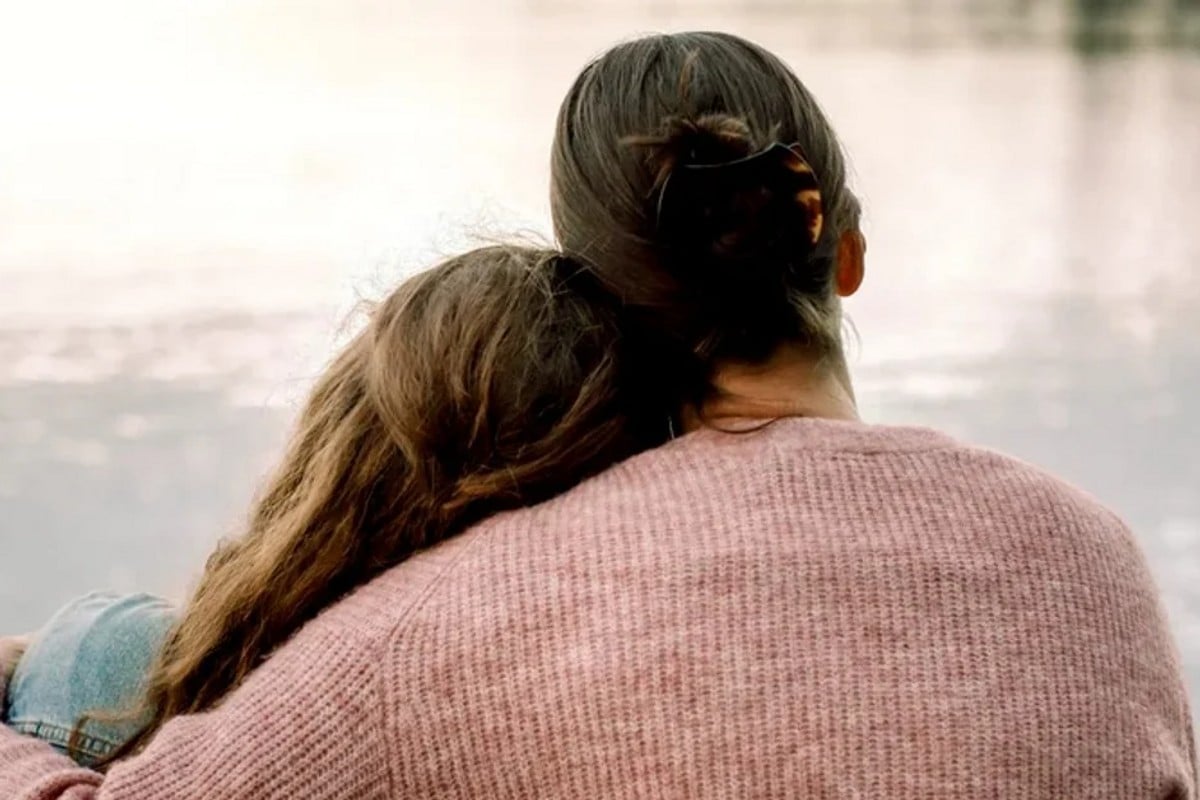
When I married Robert*, Jane* messaged me. I was barely settling into the illusion of a new beginning in my marriage with a newborn when I received her message. It felt cryptic; half-warning, half-confession.
Jane said she had dated him when she was 13 and he was 21, and that he had lied about his age, told her he was younger than he was. After her, he'd gone on to date her friend's sister, who was a year older than Jane. She thought they were still "together".
It jarred me. I didn't know how to process it. Jane was reaching back into a past I hadn't lived, gesturing toward something dark I didn't yet have the words for. I confronted Robert about it all. He said the girl was a liar; an attention-seeker; still in love with him, and now trying to break up his marriage. He used derogatory words, and my stomach dropped when he said, "She wore a school uniform with no underwear on".
I even asked his mother what the truth was. Her words never left me.
"He looked younger than he was; nothing wrong with that," she said. "You are the problem here. I slept with guys at that age too."
After that conversation, I was labelled a "troublemaker", along with the daughter I shared with Robert. We were excluded from his family.
Years passed. Our daughter turned 13 — the same age Jane had been. And that's when the unthinkable happened. The same cycle. The same pattern. The same predator.
I was in shock. It took time to comprehend how a man could start grooming his daughter; how everything unfolded; how severe Stockholm Syndrome could be, both for me and my daughter.





























































































